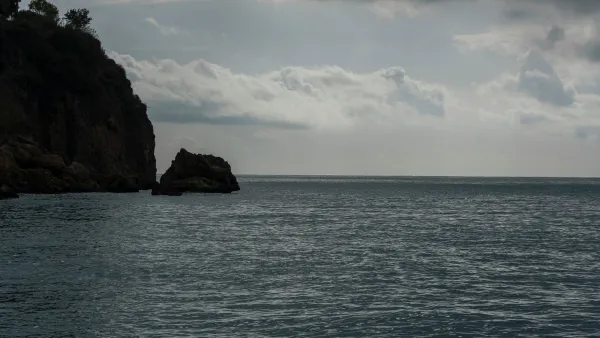Professor Jolliff's teaching and research activities focus on the study of minerals and rocks of the Earth, Moon, Mars, and meteorites, and what they reveal about conditions of formation and planetary processes over the past 4.5 billion years.
Professor Jolliff’s research interests include the investigation of planetary materials, conditions of mineral and rock formation, and how these materials change over time in response to planetary-scale processes such as volcanism, impacts, and space weathering. His research includes sample analysis, surface science, and remote sensing, as well as laboratory studies. As a member of the Lunar Reconnaissance Orbiter Camera science team, he investigates the surface of the Moon, relating what can be seen from orbit to what is known about the Moon through the study of lunar meteorites and Apollo samples. Investigations relating to Mars include study of the geologic materials analyzed with rovers, martian meteorites, and terrestrial analogs. These studies seek to understand the mineralogic, petrologic, and geochemical relationships, and formation conditions of planetary materials.
Jolliff is the PI of the Electron Microprobe Laboratory at Washington University. Electron Probe Microanalysis (EPMA) is the principal method used to analyze the chemical composition of minerals and rocks at the micron scale. Jolliff leads the Planetary Materials Research Group; he works with Professor Alian Wang on experimental studies and spectroscopy of planetary surface materials, with Professor Randy Korotev and Paul Carpenter on the study of lunar meteorites, with Professor Kun Wang on the geochemistry of planetary materials and meteorites, and with Professor Gillis-Davis (in physics) on space weathering of planetary surface materials as part of the ICE Five-O SSERVI node. Jolliff leads the Washington University team that is part of NASA’s Apollo Next Generation Sample Analysis (ANGSA) program. Jolliff also serves as the Director of the McDonnell Center for the Space Sciences.



